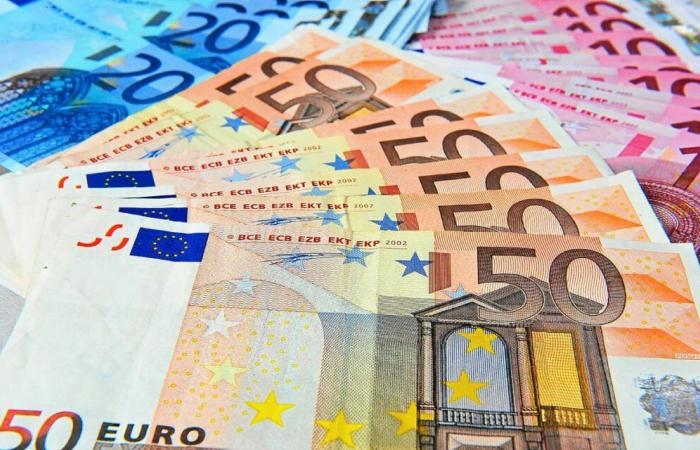
From July to September 2024, France’s public debt increased by 71.7 billion euros, to reach 3,303 billion euros, the National Institute of Statistics said this Friday.
The increase in public administration debt is mainly due to the State, whose debt increases by 59.8 billion euros, to 2,690.5 billion after + 70 billion in the previous quarter.
That of various central administration bodies (ODAC), described as “stable” by INSEE, nevertheless increased by 200 million euros to 69.4 billion.
The debt of social security administrations also increases (+10.4 billion after +4 billion), to 290.8 billion, as well as that of local authorities (+1.3 billion euros to 252.2 billion), then that it had fallen by 300 million in the second quarter.
The economy is slowed by political uncertainty
French public debt, which remained confined between 60% and 70% of GDP at the start of the 2000s, experienced a first surge after the 2008 crisis, stabilized around 100% at the end of the 2010s, before a second dazzling restart due to massive “whatever it takes” spending linked to the Covid health crisis.
While the country is struggling in the political slump since the dissolution decided in June by Emmanuel Macron, the economy is slowed down by uncertainty.
Last week, the rating agency Moody’s lowered France’s sovereign rating by one notch, to Aa3 – a surprise because the agency did so outside of its half-yearly schedule – in order to take into account the new uncertainties linked to the censorship of the government of Michel Barnier.
Local
France


